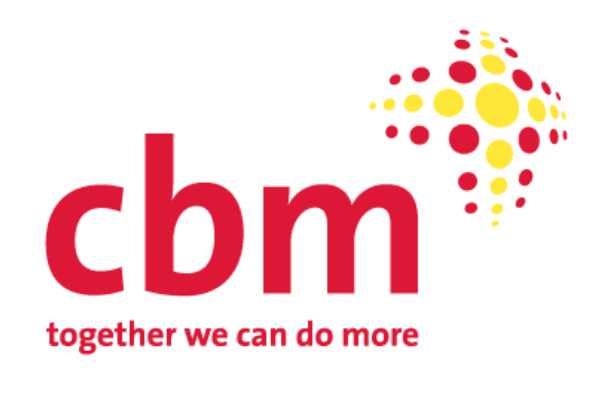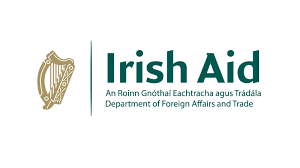Climate Action, Adaptation & Justice
Promoting Disability-Inclusive Climate Action through Policy Engagement & Advocacy
about the project
Despite global and national policies promoting disability inclusion, climate adaptation efforts in Nigeria, particularly Ekiti State, remain largely inaccessible and non-inclusive for Persons with Disabilities (PWDs). This significant gap between policy and practice creates severe challenges across several crucial areas.
PWDs face substantial physical barriers to accessing vital climate infrastructure and emergency services; for instance, many evacuation centers are not wheelchair-accessible, and inaccessible routes hinder safe evacuation during floods. This is compounded by an alarming lack of accessible information: while governments claim to provide accessible early warning systems, these often rely on basic digital formats rather than truly inclusive options like Braille, sign language, or audio alerts.
Consequently, PWDs are often unaware of disaster plans and critical warnings, significantly increasing their risk.
Furthermore, institutional barriers are prevalent, as PWDs are largely excluded from disaster risk reduction decision-making processes, leading to policies that fail to address their specific vulnerabilities. This systemic exclusion is exacerbated by insufficient resource allocation, with minimal funding directed towards making climate adaptation strategies genuinely inclusive. Finally, a critical lack of disaggregated data on how climate change impacts different disability groups impedes the development of effective, evidence-based solutions. These systemic failures culminate in a dire situation where PWDs are up to four times more likely to die during extreme weather events. Without urgent, inclusive action, this vulnerability gap will continue to widen, leading to increased mortality, loss of livelihoods, worsening health, and deepening poverty for PWDs, thereby undermining broader climate resilience efforts. Addressing these profound gaps in policy, infrastructure, resources, and data is essential to ensure that Nigeria’s climate adaptation strategies are truly equitable and effective.
Our Project Partners/Donors



Policy Engagement
Assess the level of inclusiveness of existing climate adaptation policies for persons with disabilities (PWDs) so as to identify gaps, challenges and provide actionable recommendations.

Stakeholders Engagement
Engage policymakers, duty bearers and key stakeholders to discuss policy gaps and solutions for disability-inclusive climate adaptation policies.
Capacity Building
Build the capacity of PWDs on inclusive climate adaptation and the Sustainable Development Goals (SDGs).
Awareness Creation
Promote public awareness on disability-inclusive climate adaptation with a view to garner public support for sustainable climate action.
Project Location
Ekiti State, Southwestern Nigeria, West Africa
Ekiti State is situated entirely within the tropics. It is located between longitudes 40°51′ and 50°451′ East of the Greenwich meridian and latitudes 70°151′ and 80°51′ north of the Equator. It lies south of Kwara and Kogi State, East of Osun State and bounded by Ondo State in the East and in the south, with a total land Area of 5887.890sq km. Ekiti State has 16 Local Government Councils. By 1991 Census, the population of Ekiti State was 1,647,822 while the estimated population upon its creation on October 1st 1996 was put at 1,750,000 with the capital located at Ado-Ekiti. The 2006 population census by the National Population Commission put the population of Ekiti State at 2,384,212 people.
